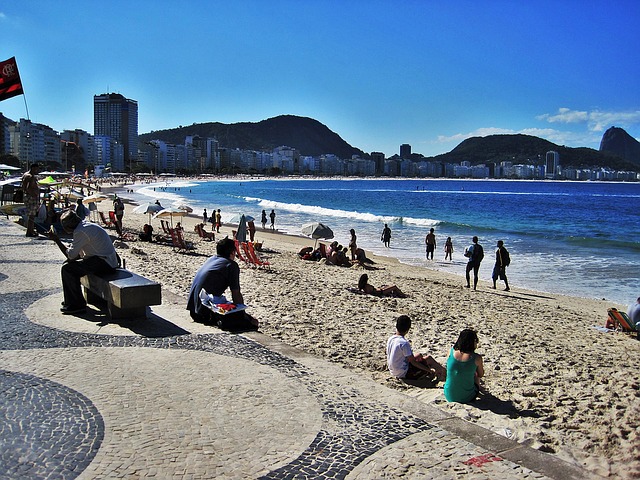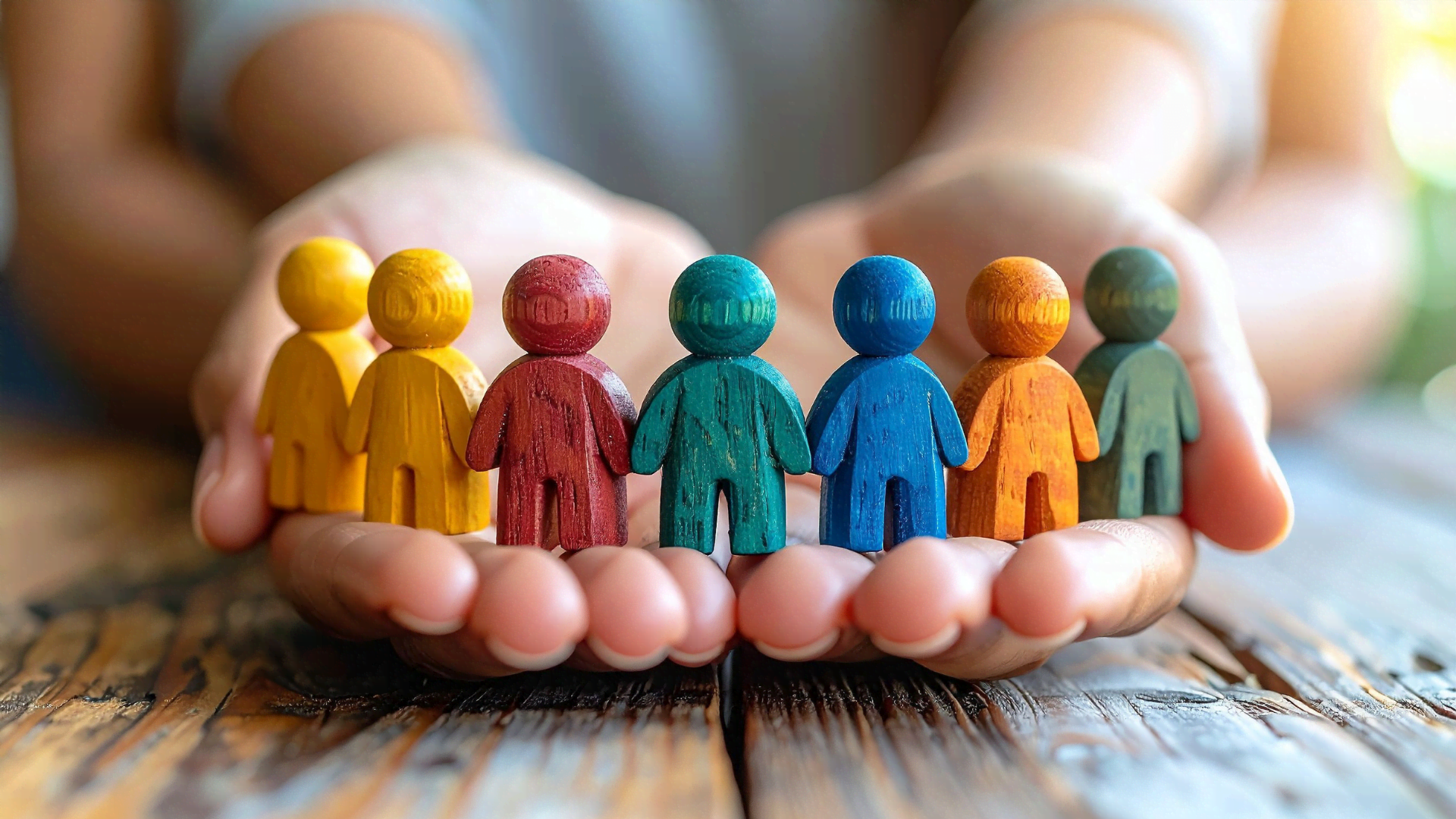With teachers placed all over the world we love to hear interesting stories and accounts of daily lives in far flung places. The excitement of the Olympic Games will soon fade away but we’ll keep Brazil in the spotlight for a little longer through the eyes of our friend and teacher Rodolfo, who shares with us his observations of how international Brazil is and how history of human settlement shaped and formed the country we see today. One of his students reveals the German side of Brazil which you may not have known about.

Brazil is widely known as the country of football, samba, beautiful nature and whatever you may have heard about it. It is a Portuguese-speaking country located in South America, lost among 9 Spanish-speaking countries, not to mention the countries where Dutch, French and English are the official languages.
Because Spanish is the first language in most South American countries, it is not quite a surprise that foreigners take for granted that we speak Spanish, but no! We were a Portuguese colony for 422 years.

But there is a side of Brazil that not many people are acquainted with: we also speak German. Well, not officially and not all over the country, but we do, and this is due to a massive immigration of German and Italian families who settled down in the south of Brazil in the middle of the 19th century and in the first decades of the 20th century, in search of better life conditions. These families were scattered through the southern states, but the Italians stretched their journey up to São Paulo (southeast), which accounts for a very important part of the cultural diversity of Brazil.
The German influence in the south does not only appear culturally through traditional parties, folklore, food and in the way people look like, it is also in the language. Three years ago, I moved to Lajeado, a small town in Southern Brazil with an estimated population of 70,000 people, and I was amazed to find out that lots of people can speak German in my town and in the nearby towns, too. Moreover, they speak German at home, with their families. I was even more impressed when I heard German was the first language some people were taught when they were kids. Like what?! How come they do not learn Portuguese as a first language? It is important to say that what is spoken here is not “official German”, but a dialect, a variant of German that has remained untouched from its original form, but has also been “adapted” by time and local cultural influences.
Deise Beckel, one of my English students, from a German family, tells us what it was like to grow up in this context.
Where did you learn German?
German was the first language I was taught, from my parents and grandparents. Ever since I was a baby, that was the language they’d speak to me.”
Can you read, speak and understand German naturally?
I can speak and understand the German “dialect”, but due to my interest, I can also understand official German well. I’ve always been keen on listening to songs in German to help me improve it. I still find it hard to read in German, though.
Can you give us an example of the differences between official German and the dialect you speak?
The language has changed a lot since the Germans moved to Brazil, so some words have been adapted, for example: make an effort in German is bemühen, however, very frequently people say esforciren (esforçar /esfɔːrsɑr/ in Portuguese). Besides, lots of things have been invented after the Germans came, so people had to make up their own words for them, such as the word fridge, which in German is Kühlschrank. Here, people have combined the words schrank (wardrobe) and eis (ice) = Eisschrank or Aisschrank (an ice wardrobe).
When and how did you learn Portuguese?
I learnt it when I was about 5 or 6 years old, watching the telly. We had a neighbour from an Italian family who would frequently visit my father and I remember one day dad called me and said: “Come on, sweetheart! Show him you can speak Brazilian!” – he’d get so proud of me.
I went to school when I was 6, so speaking Portuguese was something natural to me, but beyond the school walls and at home, I continued to speak German, so this helped me not to forget the dialect.
It is sort of weird for me to reflect upon this because I transferred my knowledge of German to Portuguese as I considered German my first language. I learnt Portuguese naturally, so it eventually became my first language.
If you’d like to see where your next teaching job could take you, contact our dedicated team of advisers to discuss your options. Who knows, maybe it’s Brazil!




